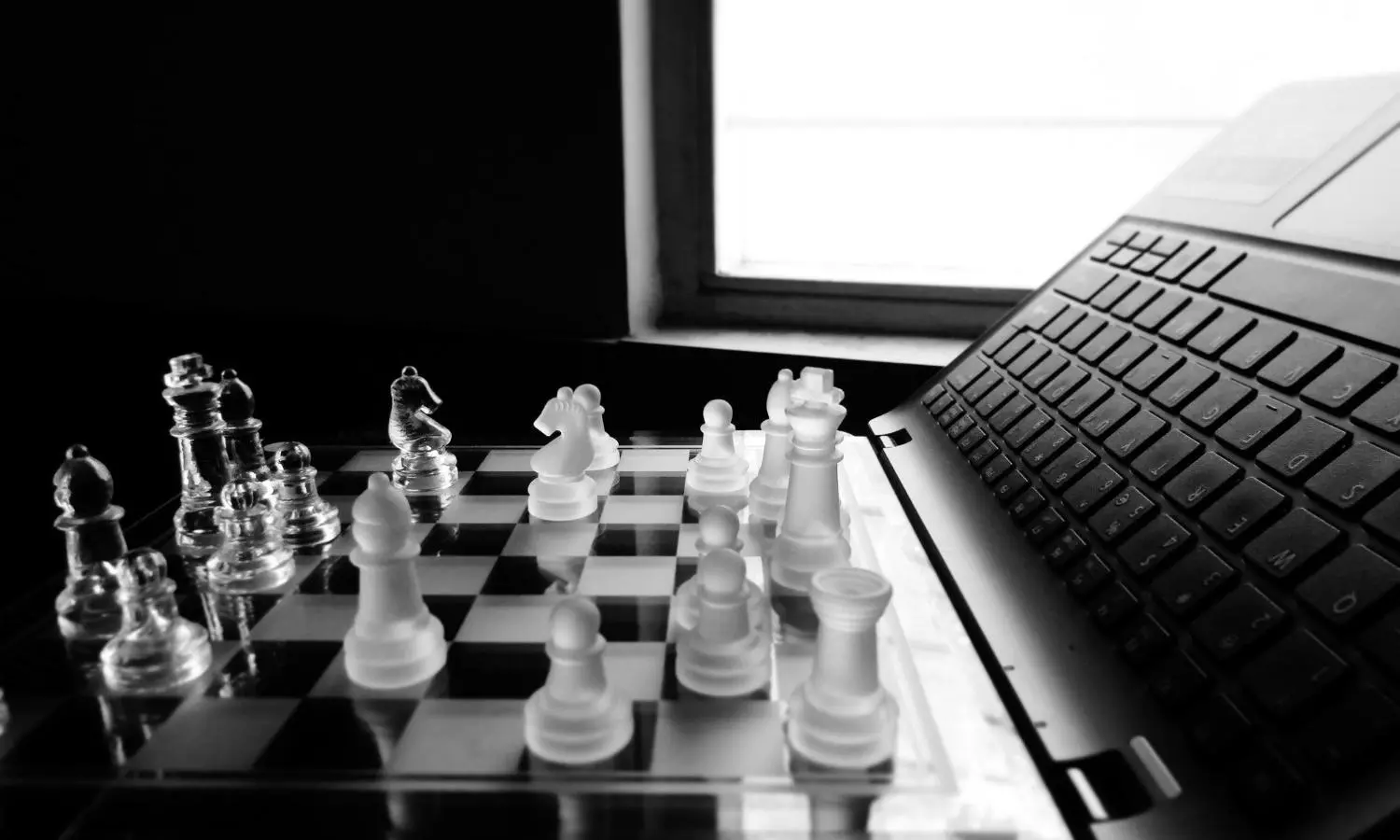
Games like chess and Go, with their strict rules and deep strategic layers, have long been used to measure a model’s ability to adapt and plan for optimal outcomes. Photo: iStock
OpenAI vs Grok vs Gemini in world's first AI chess tournament: Guess who won?
The rivalry between Sam Altman and Elon Musk intensifies as OpenAI's o3 model emerged undefeated, while xAI's Grok 4 struggled with multiple errors

Sam Altman’s OpenAI has triumphed over Elon Musk’s Grok in the final of a groundbreaking tournament to determine the best artificial intelligence (AI) chess player.
This was the first-ever chess championship pitting leading AI systems against one another.
Also Read: OpenAI launches two new open-weight AI models: gpt-oss-120b, gpt-oss-20b
OpenAI defeats Grok
OpenAI’s o3 model emerged undefeated throughout the competition, ultimately defeating xAI’s Grok 4 in the final, intensifying the ongoing rivalry between the two companies.
The match-up carried personal significance, as Altman and Musk co-founded OpenAI a decade ago before Musk left to launch his own rival AI company, xAI.
Both Musk and Altman claim that their newest AI models are the most advanced in the world. Google’s Gemini model secured third place after defeating a different OpenAI model.
Despite their skill in a wide range of everyday tasks, these AI systems are still refining their chess abilities. Grok, in particular, made a number of errors in the final matches, including repeatedly losing its queen.
Also Read: Musk-led group offers $97 bn for OpenAI; Altman gives a cheeky reply
Why chess for AI?
The tournament took place on Google-owned Kaggle, a platform that allows data scientists to evaluate their models through competitive challenges.
In the three-day tournament, eight large language models (LLMs) from Anthropic, Google, OpenAI, xAI, and Chinese developers DeepSeek and Moonshot AI battled against each other.
Developers often use benchmarks to test AI performance in reasoning, coding, and other complex skills.
As complex rule-based, strategic games, chess and Go have often been used to assess a model's ability to learn how to best achieve a certain outcome. In this case, the goal was to out-manoeuvre opponents to secure victory.
Also Read: Musk slams Grok after it claims he may have posted ‘taking’ Stephen Miller’s wife
Computers vs humans
Computers have been able to defeat top human players since IBM’s Deep Blue defeated the then-World champion Garry Kasparov in 1997.
Google’s DeepMind has also developed AI programmes capable of teaching itself chess and other games like Go at a superhuman level.
This event marked the first major tournament to test modern, general-purpose LLMs that have become quite popular since the release of OpenAI’s ChatGPT in 2022.
Also Read: DeepSeek versus OpenAI: How the real Artificial Intelligence fight is heating up
'Kid's game'
In July, World number one Magnus Carlsen beat ChatGPT in an online chess match without losing a single piece.
Carlsen also provided live commentary during the final, describing the games as "like watching kids’ games. In those tournaments, you always play them out."
After the final, he joked, "Hope everyone feels better about their games after watching this."
Carlsen reportedly estimated Grok’s playing strength at roughly 800 Elo and OpenAI's o3 at about 1,200, far below his own peak rating of 2,882.
When asked on X, Grok assessed its own rating at around 1,600-1,800.

